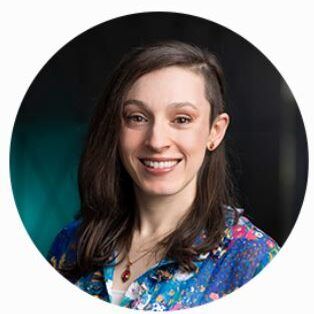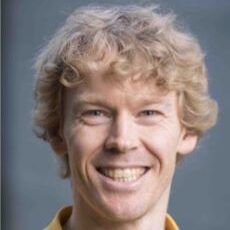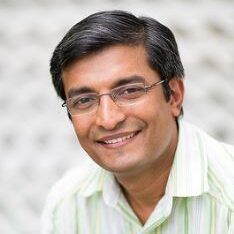Meet the team

Professor Igor Bray
Professor Bray is a world-leader in the field of atomic collision theory, an excellent science communicator and a big-picture thinker, a combination of skills that has made him a great advocate and prominent speaker for science and science policy at local, national and international levels.

Professor Alisher Kadyrov
Professor Kadyrov’s research delves into the interactions between atoms, molecules and subatomic particles, exploring the dynamics of scattering phenomena and the behaviour of few-body systems. His work has shed light on the mechanisms of nuclear astrophysical reactions and the formation of elements during the early stages of the universe.

Professor Dmitry Fursa
Prof Fursa works in the field of computational modelling of quantum reaction processes and has worked at Curtin University since 2007, where he conducts an active research program, teaches several undergraduate units, and supervises undergraduate and PhD students.

Professor Craig Buckley
Professor Craig Buckley is a John Curtin Distinguished Professor in Physics and Astronomy and is a Fellow of the Australian Institute of Physics. He has published over 200 scientific papers in peer reviewed journals, which have attracted over 6525 citations.

A/Prof Nigel Marks
A/Prof Nigel Marks is a material scientist with a long standing interest in atomistic computer simulation. His other research interests include self-assembly in carbon, radiation damage in solids, semiconductor nanostructures and chemical effects due to beta-decay.

Dr Marcin Glowacki
Marcin is a postdoc working at Curtin University as part of the CRAFT survey (Commensal Real-time ASKAP Fast Transients) working with the Australian Square Kilometre Array Pathfinder (ASKAP) telescope. He works on the detection and localisation of fast radio bursts (FRBs), rare extragalactic and extremely bright radio events on millisecond timescales we do not yet understand.

Dr Gemma Anderson
Gemma Anderson is an observational astronomer based at Curtin University whose particular interests include the multi-wavelength study of astronomical explosions known as transients. She uses Australian radio telescopes to automatically and rapidly trigger observations of new transient events to study their earliest emitted radio light.

Dr Arash Bahramian
Dr Arash Bahramian is a lecturer at Curtin Institute of Radio Astronomy. He is primarily interested in characteristics of stellar-mass black holes and neutron stars, and their population in our Galaxy. He looks for and studies these objects through observations across the electromagnetic spectrum.

Professor James Miller-Jones
James is an expert in jets and accretion physics, working on jet launching around accreting stellar-mass compact objects, both in Galactic X-ray binaries and in ultraluminous X-ray sources in nearby galaxies.

Associate Professor Natasha Hurley-Walker
Natasha works at the Curtin University node of the International Centre for Radio Astronomy Research, and helped to commission the low-frequency SKA precursor radio telescope, the Murchison Widefield Array (MWA), located in outback Western Australia. She specialises in developing new pipelines and algorithms for radio astronomy data processing, and searching the data for new discoveries.

Dr Nichole Barry
Physicist masquerading as an astronomer. Working with some of the world’s largest interferometers to measure some of the Universe’s faintest signals. Using sound analysis to perform statistical reconstruction of the birth of the first stars.

Dr Clancy James
Clancy is a postdoctoral research fellow working at the interface between transient radio astronomy and astroparticle physics. His research interests include cosmic rays, neutrinos, and fast radio transients.


